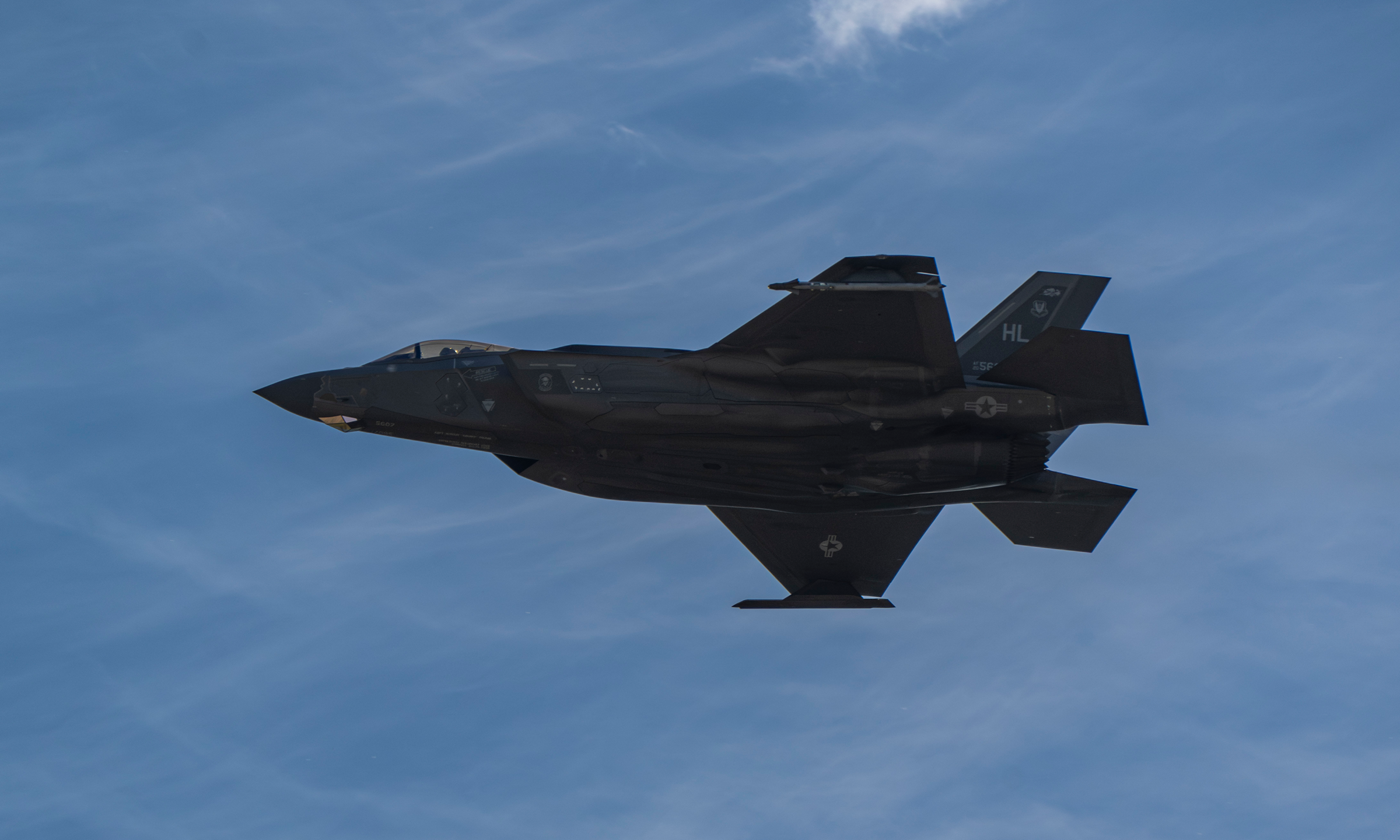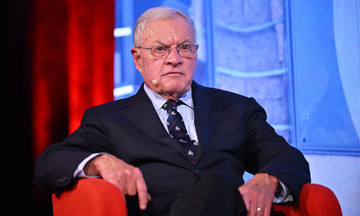The UK government announced on 24/6 that it will purchase 12 F-35A fighter jets capable of carrying tactical nuclear weapons as part of its plan to expand its nuclear deterrent, the "largest in a generation".
This move will give the Royal Air Force its first air-delivered nuclear capability in decades. The last time the UK military had such a capability was in 1998, when the WE-177 bomb was retired.
"In this era of profound instability, we cannot take peace for granted. That is why my government is investing in national security," said UK Prime Minister Keir Starmer.
The UK government said the deal will create 20,000 jobs and reaffirm London's commitment to NATO by providing the alliance with aircraft capable of carrying nuclear weapons in the event of conflict.
 |
A US F-35A fighter jet takes off from Hill Air Force Base on 2/6. Photo: USAF |
A US F-35A fighter jet takes off from Hill Air Force Base on 2/6. Photo: USAF
NATO Secretary General Mark Rutte also described the move as "another major contribution" by the UK to the alliance.
Tactical nuclear weapons are smaller warheads used for localized battlefield gains, while strategic nuclear weapons are designed to strike larger targets at very long ranges.
The UK's nuclear deterrent currently relies entirely on Vanguard-class submarines, each carrying 16 Trident D5 nuclear missiles with a range of 12,000 km. A Vanguard submarine unsuccessfully launched a Trident missile in 1/2024, the second consecutive failed test after a misfire in 2016.
By acquiring F-35A fighter jets, the UK military will gain an additional military option and bring its capabilities closer to those of NATO allies like France and the US, which have the ability to launch nuclear weapons from sea, land, and air.
The F-35A fighter jet is capable of carrying the US-made B-61 tactical nuclear bomb. An anonymous UK defense official said London may need Washington to supply these bombs for the soon-to-be-acquired F-35As.
The US stopped deploying nuclear weapons in the UK in 2008, as the risk of post-Cold War conflict diminished.
The UK has recently increased defense spending and modernized its military, including its submarine force, in response to global complexities and the potential for a reduced US security role in Europe.
London has pledged to increase its defense and security budget to 5% of GDP by 2025 to meet NATO targets. Prime Minister Starmer's government also declared on 24/6 that the country needs to "actively prepare" for the possibility of war on its territory.
Pham Giang (Reuters)












